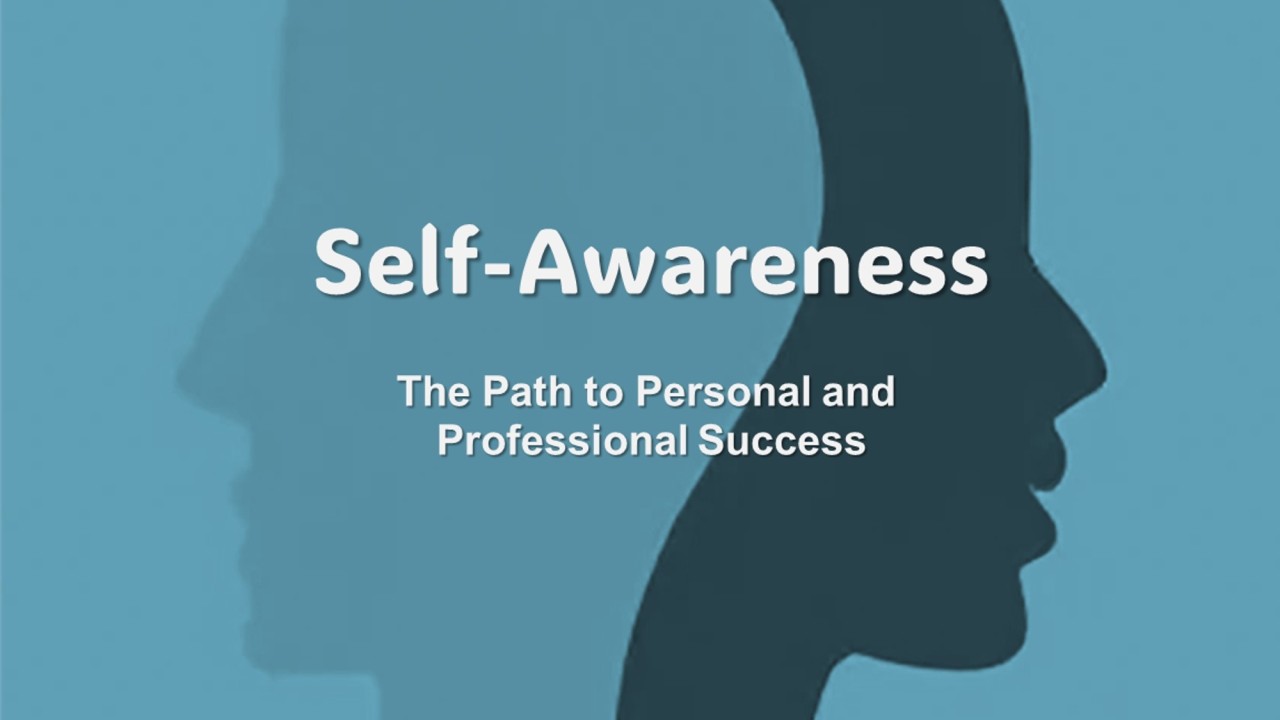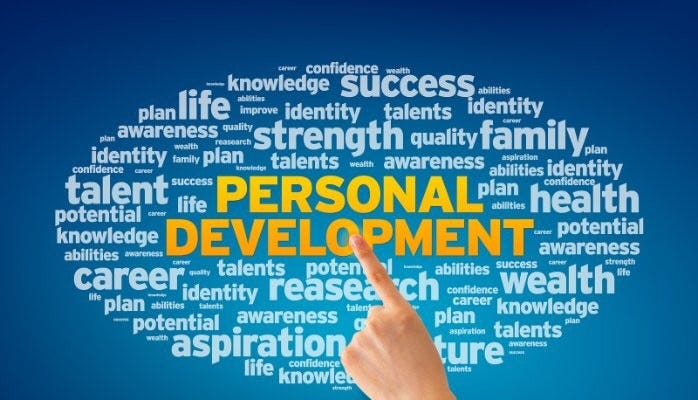Introduction
In today’s fast-paced and often overwhelming world, it’s easy to lose touch with who we really are. We get caught up in expectations, responsibilities, and social noise. But there’s one powerful tool that can cut through the chaos: self-awareness. The power of self-awareness isn’t just a buzzword in self-help books—it’s a vital skill that allows you to understand your thoughts, emotions, and behaviours on a deeper level. And when you learn how to understand yourself better, everything from your relationships to your career and mental health can begin to improve.
In this article, we’ll explore what self-awareness truly means, why it’s so important, and actionable steps you can take to become more self-aware in your everyday life.
What is self-awareness?
Self-awareness is the ability to observe and reflect on your inner world—your thoughts, feelings, values, motivations, and reactions. It involves an honest understanding of who you are, including your strengths, weaknesses, and triggers. Being self-aware means you’re not just going through the motions but actively tuning into your own mind and body.
There are two main types of self-awareness:
- Internal self-awareness—how clearly you see yourself.
- External self-awareness—how well you understand how others see you.
Balancing both is key for personal and social development.
Why Self-Awareness is So Powerful
Self-awareness is the foundation of personal growth. Here’s why it matters:
- Improved decision-making: When you understand your values and thought patterns, you make choices that align with your true self.
- Better emotional regulation: Self-awareness helps you identify and manage your emotions before they take control.
- Stronger relationships: Knowing your triggers and communication style can help you navigate social interactions with empathy and clarity.
- Higher self-confidence: Understanding your strengths and weaknesses builds authentic confidence.
- Greater purpose and direction: Self-awareness reveals what truly matters to you, helping you live a more meaningful life.
How to Understand Yourself Better
Understanding yourself doesn’t happen overnight. It’s a lifelong process, but here are some practical strategies to build self-awareness:
1. Practice Mindfulness
Mindfulness is the practice of paying attention to the present moment without judgement. It teaches you to observe your thoughts and emotions rather than react to them.
Try this: Spend 5–10 minutes a day in quiet meditation. Focus on your breath. When your mind wanders, gently bring it back. Over time, this helps you become more aware of your internal landscape.
2. Keep a Journal
Writing is a powerful tool for reflection. Journaling helps you track patterns in your behaviour and emotions, and it allows you to process your thoughts clearly.
Prompt ideas:
- What did I feel strongly about today, and why?
- What triggered a negative emotion in me?
- What am I proud of today?
3. Ask for Honest Feedback
Sometimes, we’re blind to our own habits. Asking for feedback from trusted friends, mentors, or colleagues can give you valuable insights into how others perceive you.
Pro Tip: Ask open-ended questions like, “What’s something I do that you think holds me back?” or “How do you experience me in stressful situations?”
4. Reflect Regularly
Take time at the end of each day or week to reflect on your actions and decisions. What went well? What could have gone better? What can you learn?
This habit builds a bridge between your intentions and outcomes, helping you adjust and grow.
5. Explore Your Core Values
Your values are the compass for your decisions. If you’re unclear on what they are, you may feel lost or conflicted in your choices.
Exercise: Make a list of 10 values (e.g., honesty, creativity, freedom) and narrow them down to your top 3. These are your guiding principles.
6. Notice Your Triggers
Understanding what provokes emotional reactions in you is essential. Pay attention to moments when you feel anger, fear, or shame. What caused it? What story are you telling yourself in that moment?
By recognising these patterns, you can learn to respond rather than react.
7. Take Personality or Strengths Assessments
Tools like the Myers-Briggs Type Indicator (MBTI), Enneagram, or StrengthsFinder can offer structured insights into your personality traits, preferences, and strengths.
These aren’t definitive labels but can provide a helpful framework for understanding how you operate.
8. Spend Time Alone
Solitude isn’t about being lonely—it’s about being with yourself. In silence and stillness, you can hear your own inner voice, which is often drowned out by distractions and noise.
Try taking walks alone, turning off your phone for a few hours, or simply sitting quietly without stimulation.
Overcoming Common Barriers to Self-Awareness
Despite its benefits, self-awareness can be uncomfortable. Here are a few common challenges and how to face them:
- Fear of facing the truth: Start small. You don’t need to unpack everything at once. Approach self-discovery with kindness.
- Busy, distracted life: Schedule time for reflection just like you would for any important task.
- Judging yourself too harshly: Self-awareness is not about perfection. It’s about understanding and compassion.
The Ripple Effect of Self-Awareness
When you understand yourself better, the benefits extend outward. You become a better partner, leader, friend, and problem-solver. You begin to live with more intention and less autopilot. And perhaps most importantly, you develop a relationship with yourself that is grounded in truth, acceptance, and growth.
Conclusion
The power of self-awareness lies in its ability to transform the way you live, think, and relate to others. It’s the key to unlocking your full potential, finding purpose, and navigating life with clarity and confidence.
So take the time to pause, reflect, and tune in. Understanding yourself better is not just a personal victory—it’s a foundation for a richer, more authentic life.




